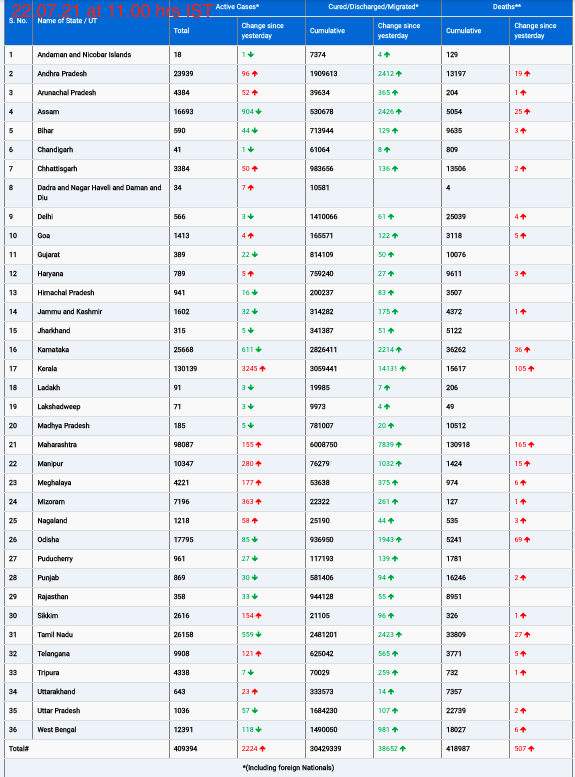An innovative set of resources released this month aims to help mental health services implement potentially life-saving exercise programs for patients, addressing the alarming gap in life expectancy faced by people with severe mental illness.
The comprehensive toolkit, developed by researchers at The University of Western Australia’s Mental Health and Exercise Laboratory, provides mental health facilities with evidence-based guidelines and practical resources to establish effective exercise therapy programs.
Associate Professor Bonnie Furzer from the UWA School of Human Sciences, an Honorary Research Associate at The Kids Research Institute Australia, led the research with Ph.D. Candidate Caleb McMahen. They announced that the materials are now freely available online, marking a significant step forward in integrating lifestyle and exercise interventions into mental health care.
“People experiencing severe mental illness and accessing hospital-based mental health care have significantly shorter life expectancies, largely due to preventable physical health conditions such as cardiovascular disease,” Professor Furzer said.
“While we know exercise can help improve both physical and mental health, until now there’s been limited guidance on how to safely and effectively implement exercise in hospital settings.”
The new resources include specialized guidelines for identifying the unique challenges patients experience and triaging tools to support timely use of exercise therapy in mental health settings.
McMahen emphasized that the tools were developed through extensive expert consultation and created in line with research published in BJPsych Open.
“A key component is that the triaging tools help exercise services identify those patients who may gain the most with timely commencement and then guidance in determining the type of exercise therapy most suited to each individual,” McMahen explained.
“The research has also led to the creation of a reference guide on the cardiometabolic side effects of psychotropic medications, designed specifically for exercise professionals working in mental health facilities.”
According to McMahen, the guidelines fill a crucial gap in mental health care by providing practical, evidence-based tools that exercise professionals can implement immediately to help improve both the physical and mental health outcomes of their patients.
Associate Professor Furzer highlighted that these resources come at a critical time as more mental health facilities seek to integrate exercise therapy into their treatment programs, responding to growing evidence of the dual benefits for physical and mental health.
The downloadable resources are available online, providing mental health professionals worldwide with access to these innovative tools.
Disclaimer: This article is for informational purposes only and does not constitute medical advice. Healthcare providers should use professional discretion when implementing exercise therapy programs, and patients should consult their healthcare providers before starting any new exercise regimen.











